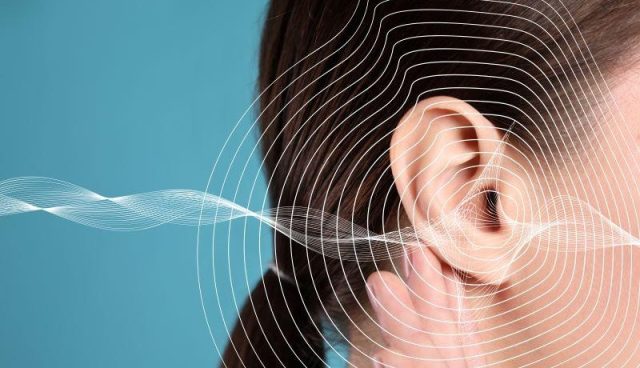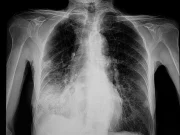Radiomics nomograms exhibit robust performance for differentiating between EH-positive and EH-negative statuses
By Elana Gotkine HealthDay Reporter
THURSDAY, April 4, 2024 (HealthDay News) — Novel radiomics nomograms successfully predict cochlear and vestibular endolymphatic hydrops (EH) in patients with Meniere disease, according to a study published online March 8 in European Radiology.
Wei Chen, from Fudan University in Shanghai, and colleagues enrolled 156 patients (312 affected ears) with bilateral definite Meniere disease who underwent delayed enhancement magnetic resonance imaging scans. The ears were divided into a training and internal validation set (218 and 94, respectively). A radiomics nomogram was constructed from features extracted from the T2-sampling perfection with application-optimized contrasts using different flip-angle evolutions (SPACE) images; a radiomics score was then calculated.
Construction of the cochlear radiomics nomogram included five features, and seven features were included in the vestibular radiomics nomogram. The researchers found that in both the training and validation cohorts, the radiomics nomograms exhibited robust performance for differentiating between EH-positive and EH-negative statuses, with the area under the receiver operating characteristic curve values being 0.703 and 0.728, respectively, for cochlear and vestibular radiomic nomograms in the training set and 0.718 and 0.701, respectively, in the validation set.
“The models showed a solid and superior performance and may play an important supporting role in EH prediction in situations where conventional EH imaging cannot be done properly,” the authors write.
Copyright © 2024 HealthDay. All rights reserved.



















